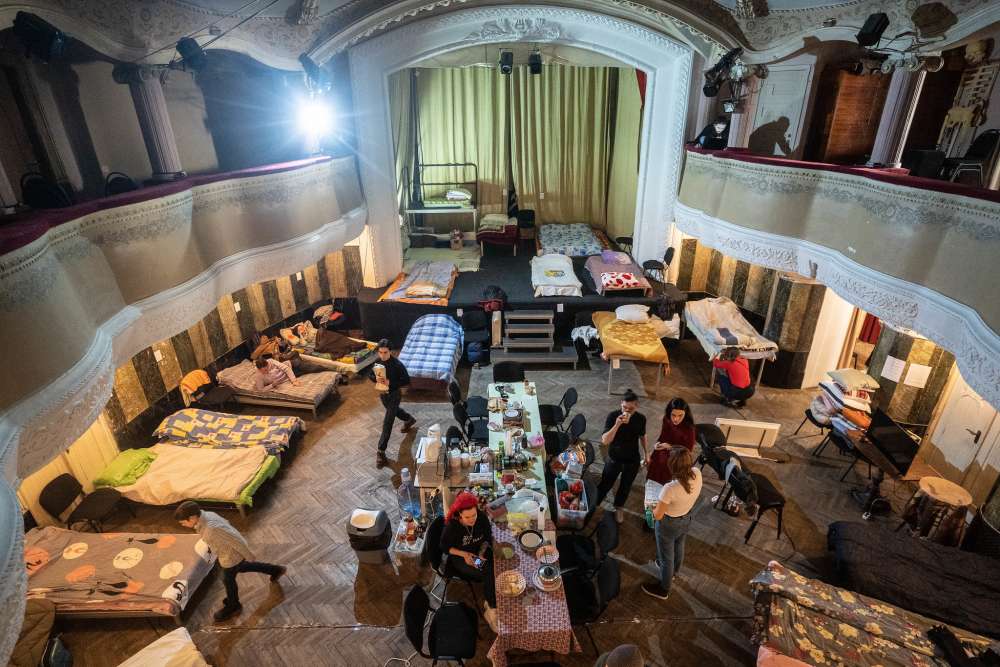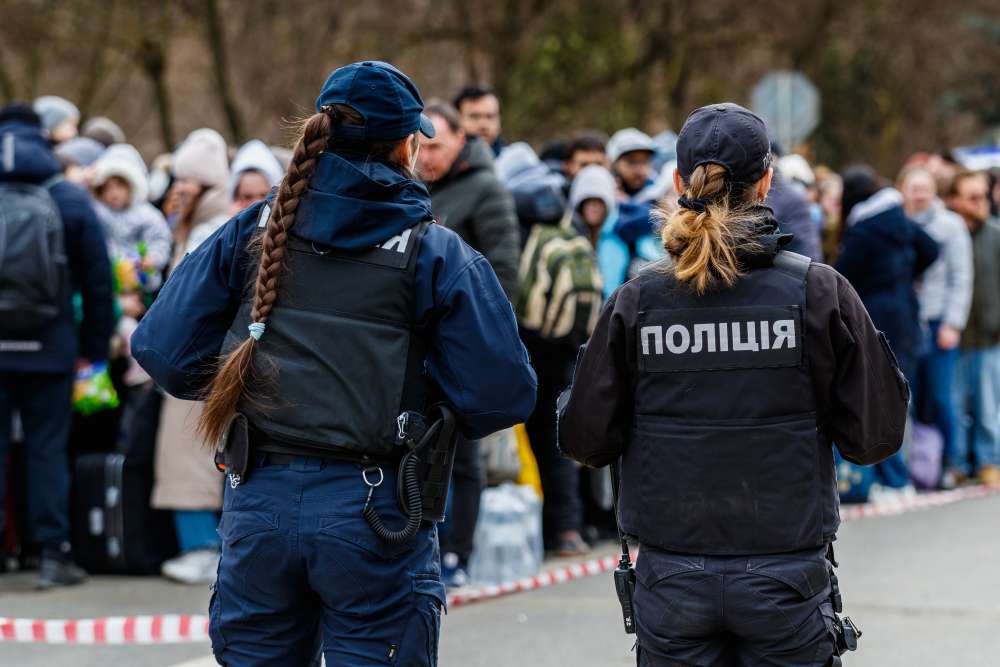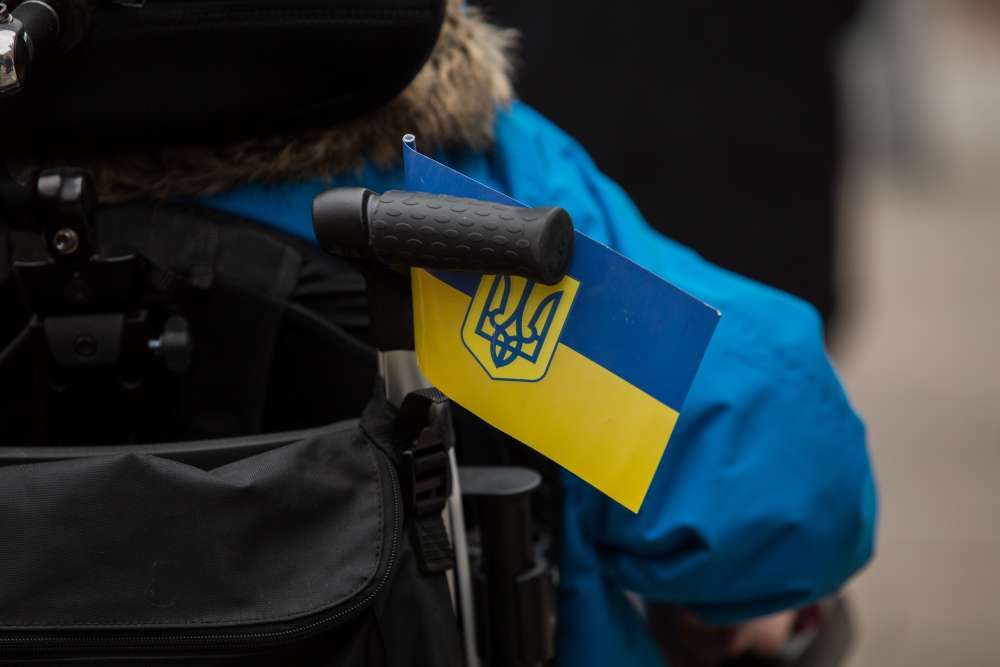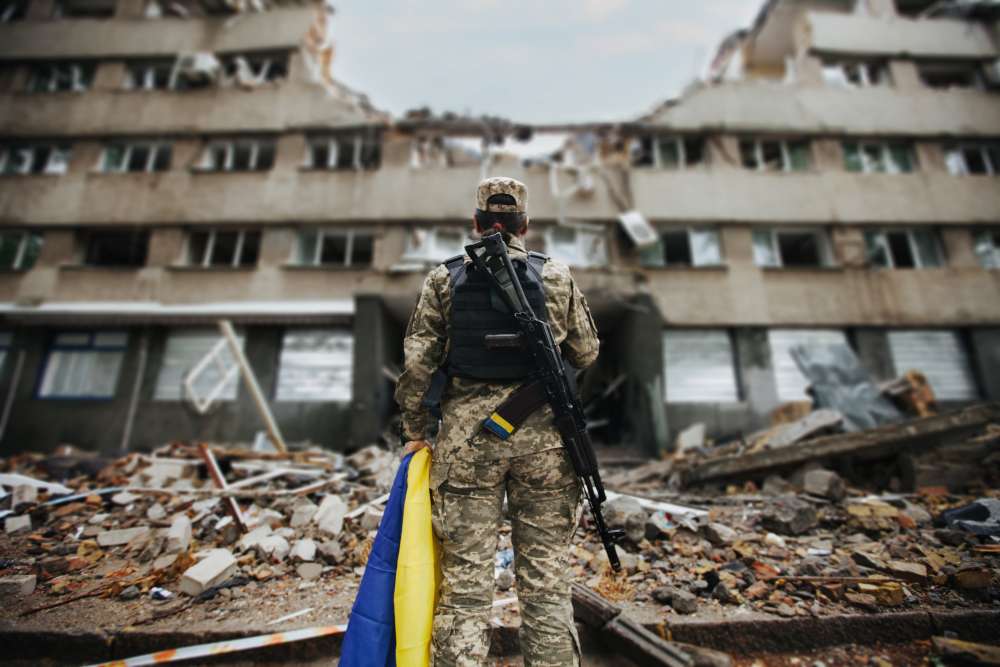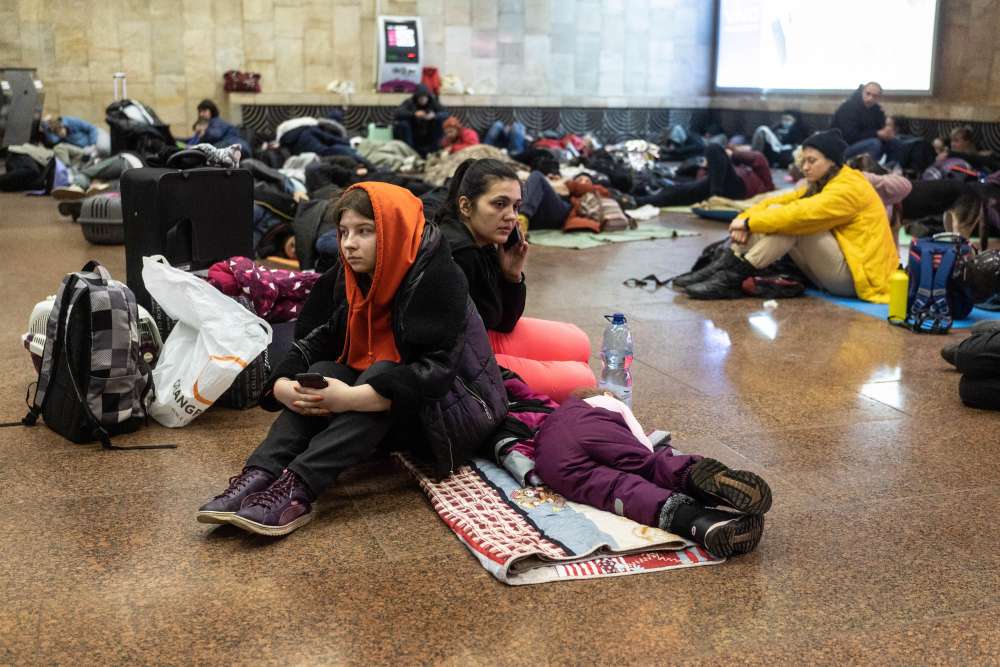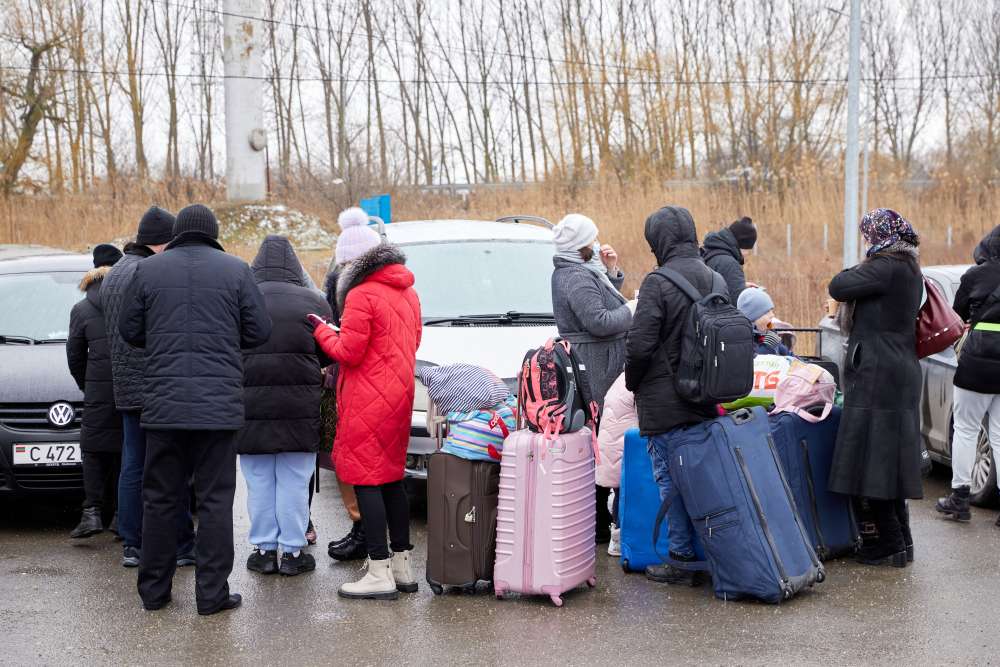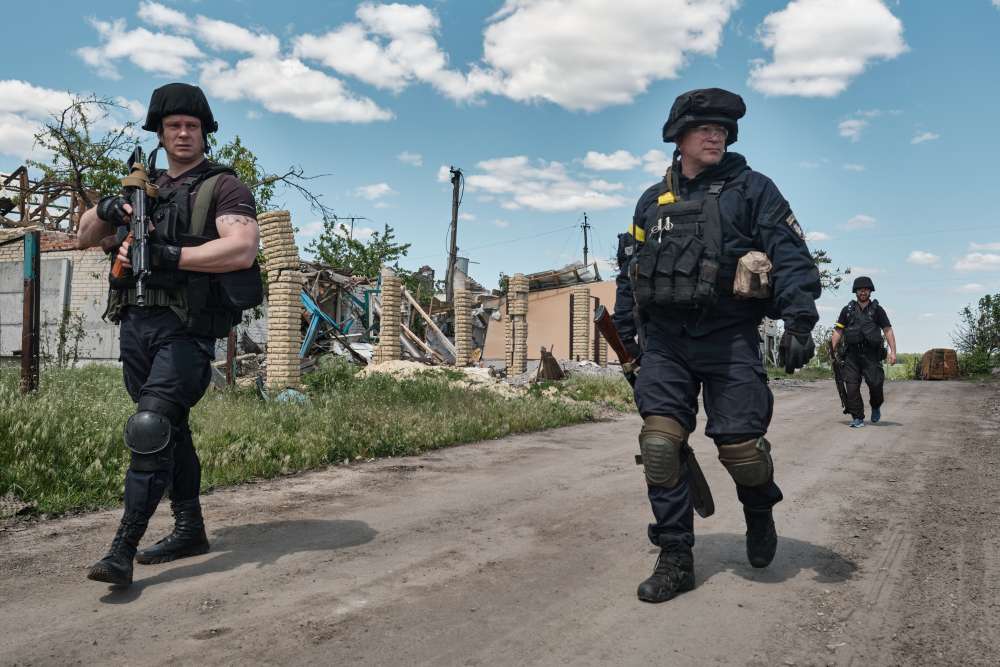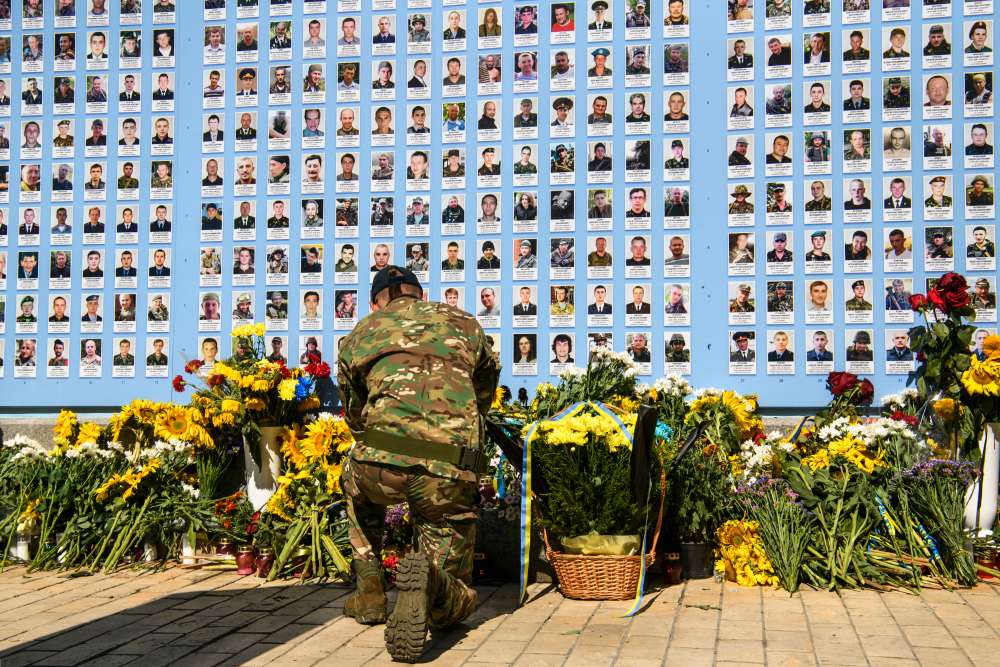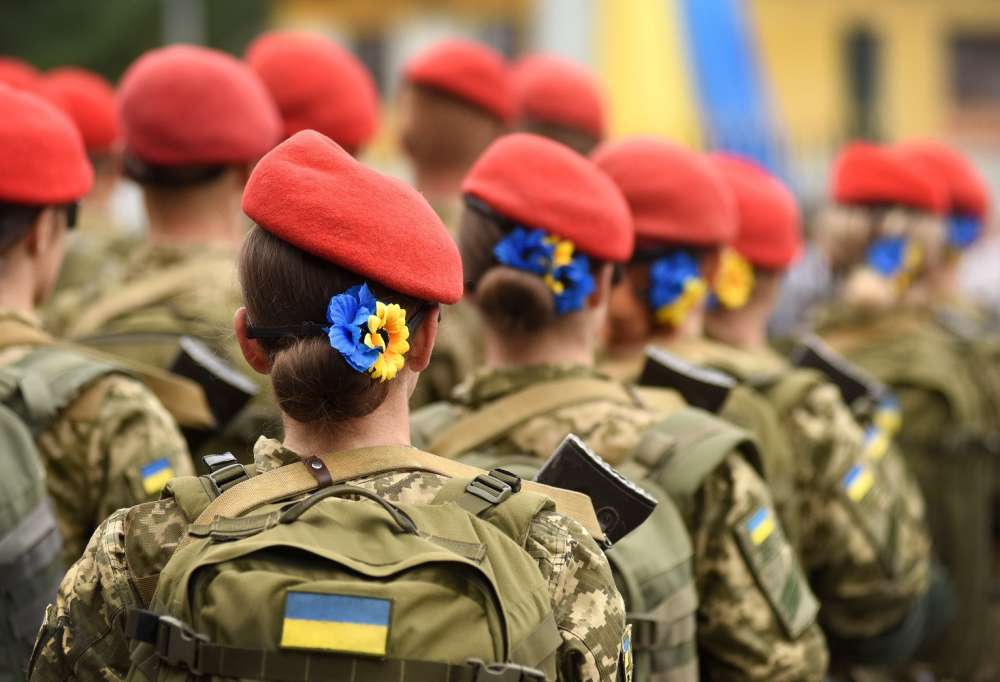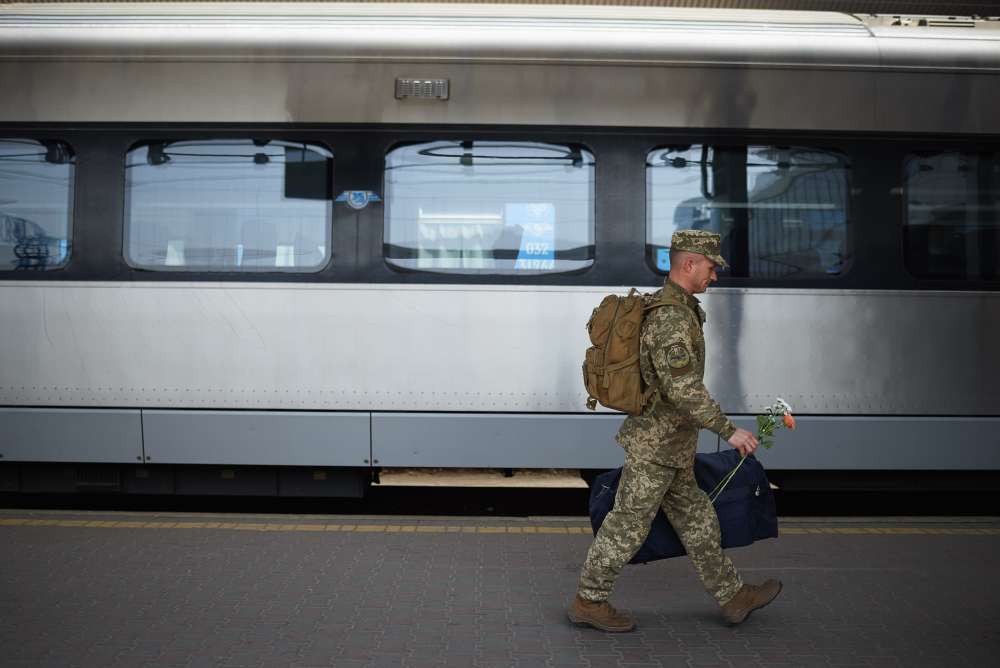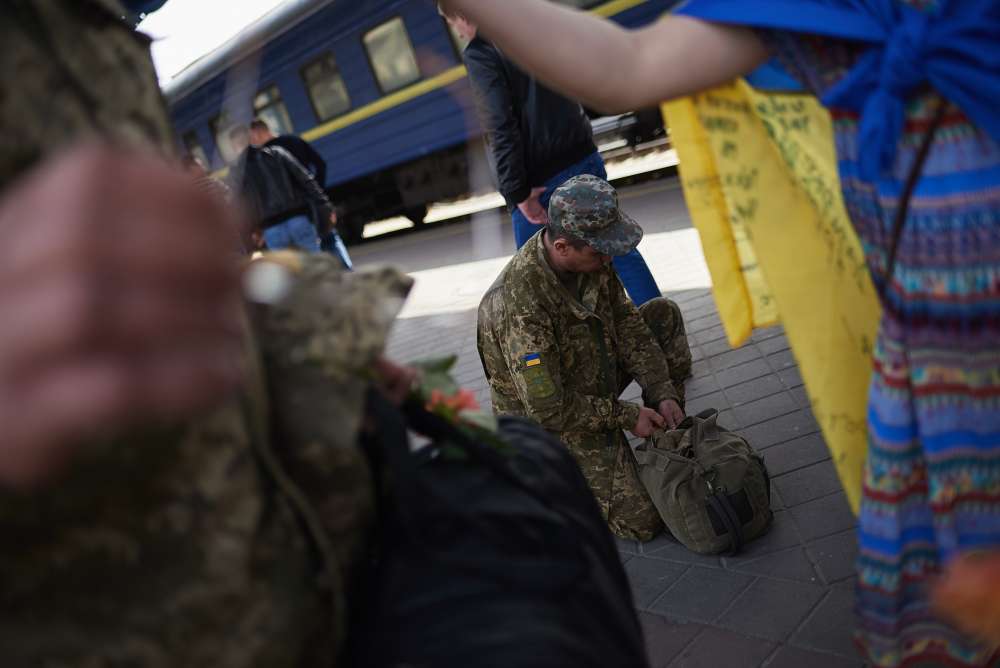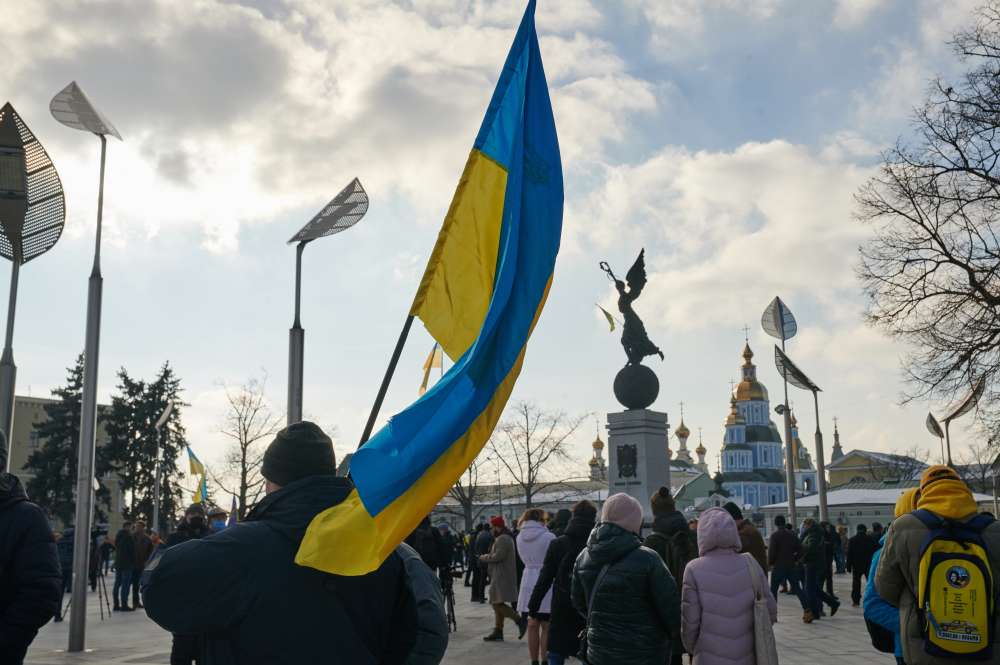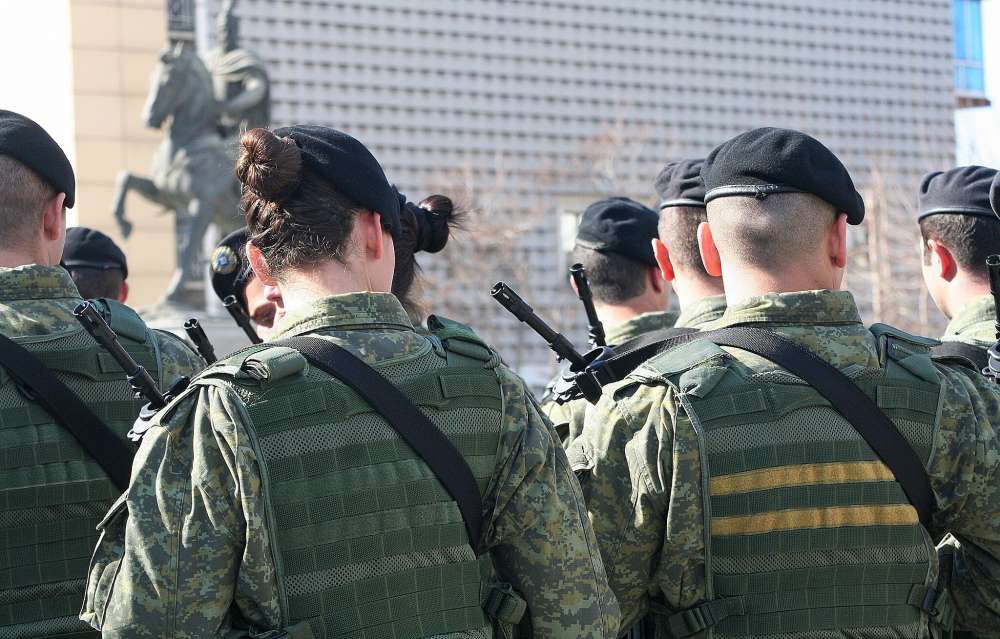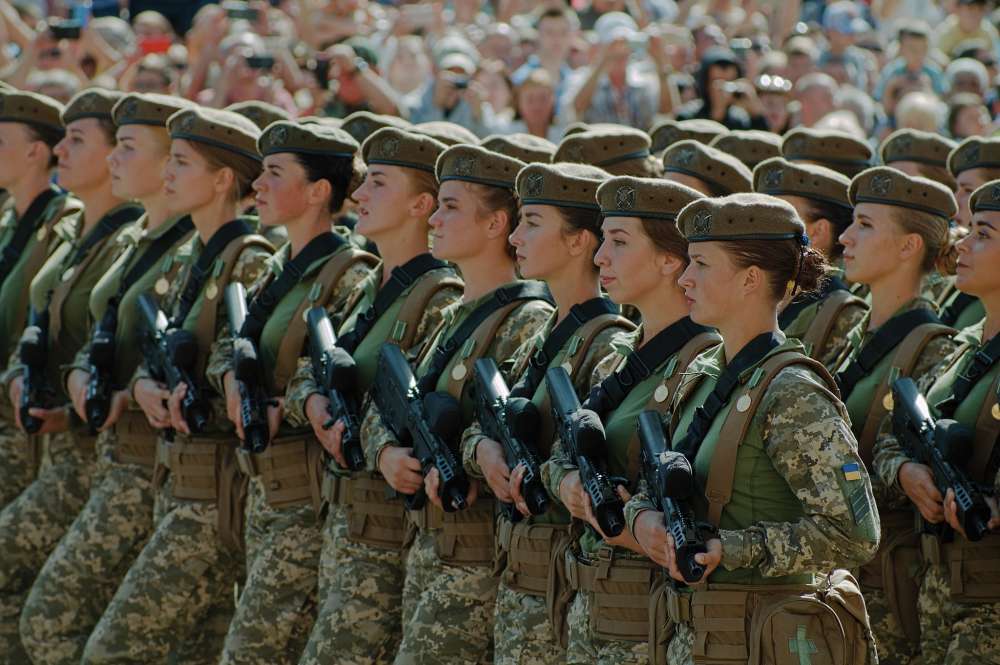Feminist Perspectives for Supporting Ukraine
Translating Feminist Foreign Policy Into Action
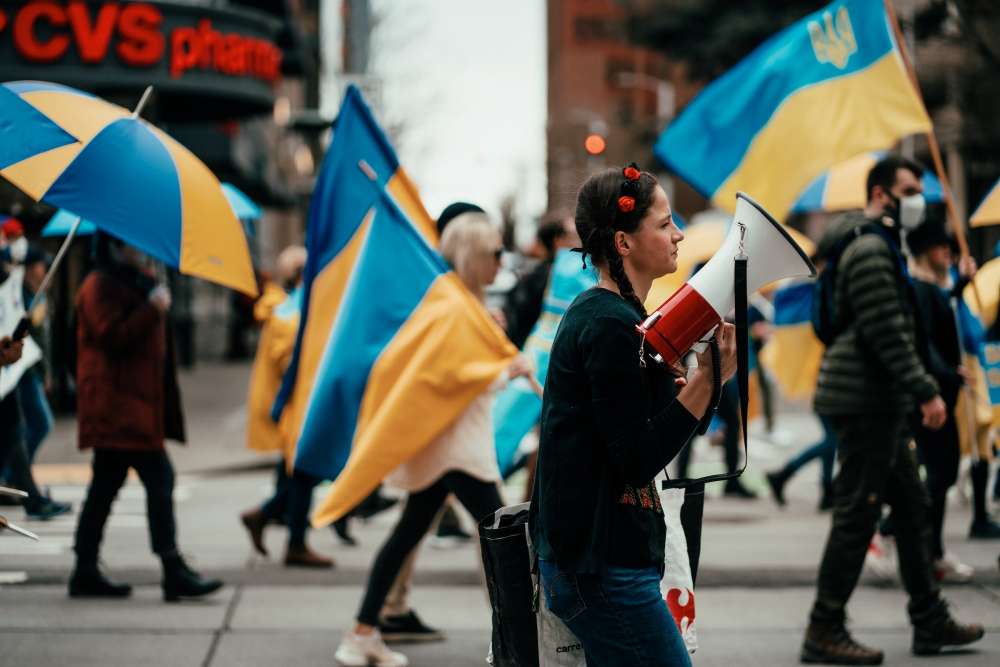
August 2023 – August 2024
Russia’s ongoing aggression against Ukraine has major consequences for Ukrainian society in all aspects of life – but, as so often happens, distinct parts of society experience the fall-out in different ways. These differences become particularly visible when looking at the gendered consequences of the war. While these dynamics are profound, they are not always fully understood, and therefore often remain unaddressed. This is also the case when it comes to the support provided by international actors to Ukraine.
To this end, GPPi has launched the policy brief series “Feminist Perspectives for Supporting Ukraine” to delve into feminist analyses of Russia’s war on Ukraine and sheds light on what international actors can do to support Ukraine in a gender-transformative way.
We publish empirically-based policy briefs that each analyze a specific war-induced social problem and outline recommendations for feminist counteraction. To do so, we adopt a collaborative approach, combining the expertise of our project staff with insights from Ukrainian authors.
As part of the project, we also conducted research on community-police relations in Ukraine’s de-occupied and frontline areas. While not centered around gender or sexuality, this research sheds light on the lived realities of people who face marginalization due to occupation experiences and frontline proximity.
Briefs in the Series
Gender Considerations in the International Response to Russia’s Full-Scale Invasion of Ukraine
This brief examines how international organizations in Ukraine have integrated gender considerations into their activities and outlines how they can work toward more gender-sensitive assistance.
Gender-Sensitive Capacity-Building for Ukraine’s Civilian Security Sector
International actors should prioritize measures to strenghten the capacity of Ukraine’s State Emergency Service and National Police by improving gender equality and inclusion within these institutions as well as in their work with Ukrainian communities.
How to Improve International Support for People with Disabilities in Ukraine
International actors should step up to assist and help reform Ukraine’s overstretched disability care system.
Adapting and Resocializing After Fighting for Ukraine’s Independence
National policymakers and international supporters of Ukraine are failing to consider the gendered needs of Ukrainian women veterans. But there are steps they can take to improve the situation.
The Hidden Front of Russia’s War
From awareness-raising campaigns to economic empowerment for women, this brief details what international actors should do to respond to increased gender-based violence in Ukraine – and how they should work with Ukrainian partners to do it.
Political Participation in Kharkiv
War changes the distribution of political power in societies. Ukraine has been no execption. How has the fight against Russia’s full-scale invasion affected the gender dynamics of political power in Kharkiv?
Queering Displacement
Although international actors are already supporting IDPs in Ukraine, a particularly vulnerable subset – queer IDPs – have specific needs that are not being addressed. But there are clear opportunities to offer more targeted support.
A Matter of Trust: Community-Police Relations in Ukraine’s De-Occupied and Frontline Areas
In the face of Russia’s war, Ukrainian law enforcement is having to redefine its role. But security concerns, a lack of trust, and structural issues are complicating the police’s relations with communities they are meant to serve. Here’s how international actors can help.
The project “Feminist Perspectives for Supporting Ukraine” is supported by the Stabilisation Platform, which is funded by the German Federal Foreign Office. The opinions in these policy briefs represent the analysis of the author only.
To stay up to date on new publications, follow GPPi on LinkedIn.
For more information, please contact Niklas Balbon.

